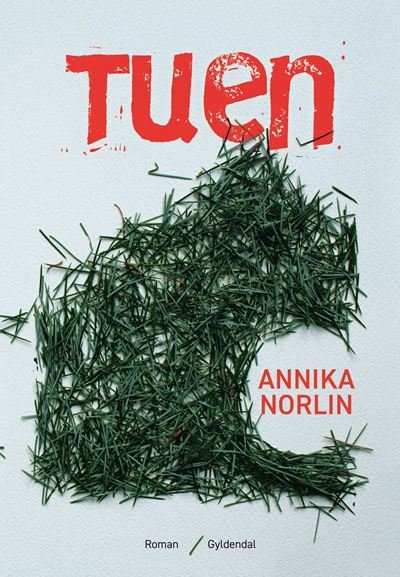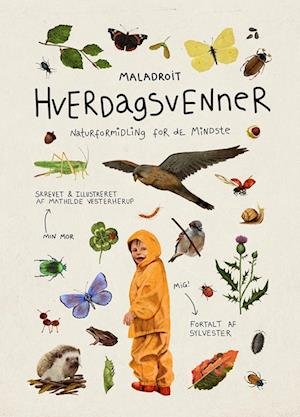Hannah Ryggen - Threads of Defiance
Hannah Ryggen (1894–1970) was a Swedish-Norwegian modern artist who began her career as a painter before switching to creating political art in the form of monumental tapestries. Combining the decorative and the political, Ryggen was ahead of her time with her turn to “political weaving.” She was also a feminist with strong communist sympathies involved in the international workers’ movement. Her dramatic, beautiful tapestries were shown at both the Paris and Brussels World’s Fairs, but she was largely forgotten by the international art world in the decades after her death. In recent years, however, as interest in both fiber arts and pioneering women artists has grown, Ryggen’s work has returned to the public eye, with major international exhibitions and fresh attention from curators, collectors, and critics.
A widely recognized authority on Ryggen, Marit Paasche brings this important Scandinavian artist to the foreground in this biography, the first published on Ryggen in English. Paasche looks at Ryggen within the social, political, and cultural contexts of her time and explores how these issues informed her work, from her anti-fascist tapestry that depicted a spear piercing Mussolini’s head to one protesting the war in Vietnam. Published to correspond with a major retrospective in Frankfurt, of which Paasche is one of the curators, Hannah Ryggen is a foundational book that will provide a crucial introduction of this artist to a broader audience.
Hannah Ryggen (1894–1970) was a Swedish-Norwegian modern artist who began her career as a painter before switching to creating political art in the form of monumental tapestries. Combining the decorative and the political, Ryggen was ahead of her time with her turn to “political weaving.” She was also a feminist with strong communist sympathies involved in the international workers’ movement. Her dramatic, beautiful tapestries were shown at both the Paris and Brussels World’s Fairs, but she was largely forgotten by the international art world in the decades after her death. In recent years, however, as interest in both fiber arts and pioneering women artists has grown, Ryggen’s work has returned to the public eye, with major international exhibitions and fresh attention from curators, collectors, and critics.
A widely recognized authority on Ryggen, Marit Paasche brings this important Scandinavian artist to the foreground in this biography, the first published on Ryggen in English. Paasche looks at Ryggen within the social, political, and cultural contexts of her time and explores how these issues informed her work, from her anti-fascist tapestry that depicted a spear piercing Mussolini’s head to one protesting the war in Vietnam. Published to correspond with a major retrospective in Frankfurt, of which Paasche is one of the curators, Hannah Ryggen is a foundational book that will provide a crucial introduction of this artist to a broader audience.
Hannah Ryggen (1894–1970) was a Swedish-Norwegian modern artist who began her career as a painter before switching to creating political art in the form of monumental tapestries. Combining the decorative and the political, Ryggen was ahead of her time with her turn to “political weaving.” She was also a feminist with strong communist sympathies involved in the international workers’ movement. Her dramatic, beautiful tapestries were shown at both the Paris and Brussels World’s Fairs, but she was largely forgotten by the international art world in the decades after her death. In recent years, however, as interest in both fiber arts and pioneering women artists has grown, Ryggen’s work has returned to the public eye, with major international exhibitions and fresh attention from curators, collectors, and critics.
A widely recognized authority on Ryggen, Marit Paasche brings this important Scandinavian artist to the foreground in this biography, the first published on Ryggen in English. Paasche looks at Ryggen within the social, political, and cultural contexts of her time and explores how these issues informed her work, from her anti-fascist tapestry that depicted a spear piercing Mussolini’s head to one protesting the war in Vietnam. Published to correspond with a major retrospective in Frankfurt, of which Paasche is one of the curators, Hannah Ryggen is a foundational book that will provide a crucial introduction of this artist to a broader audience.






